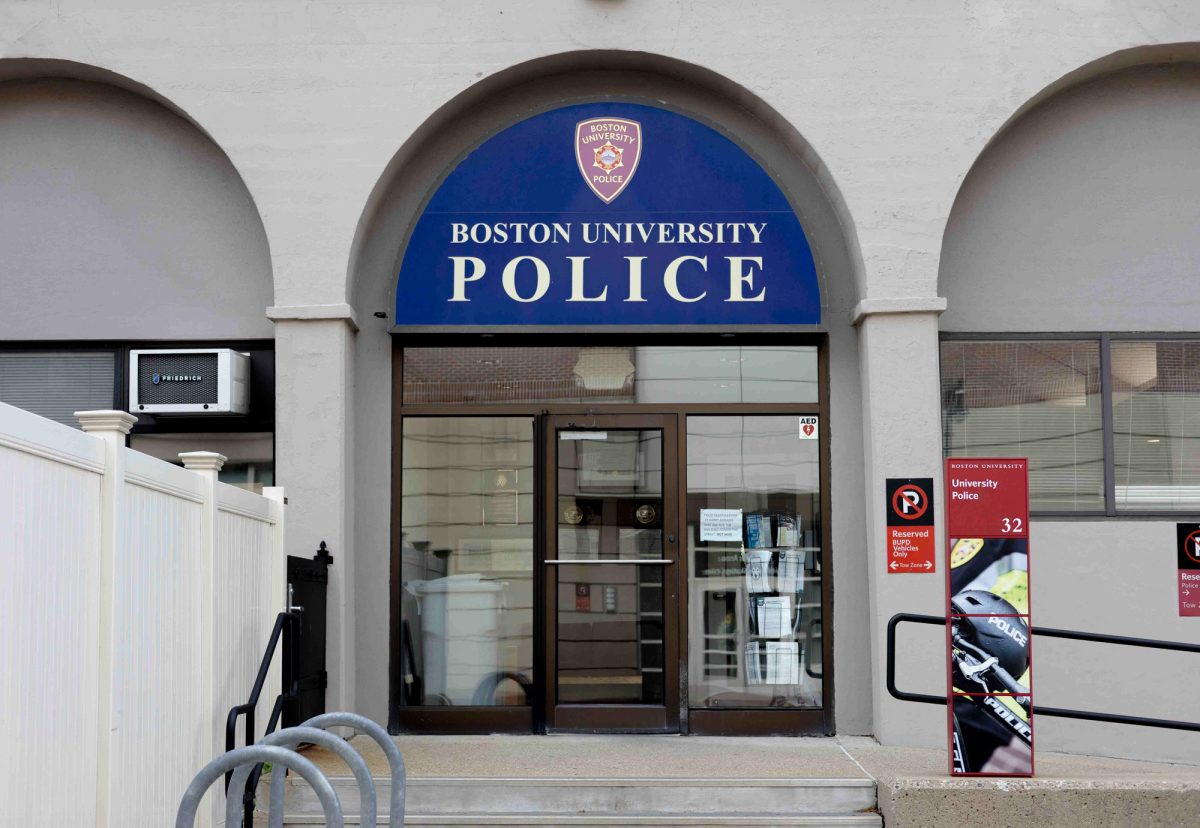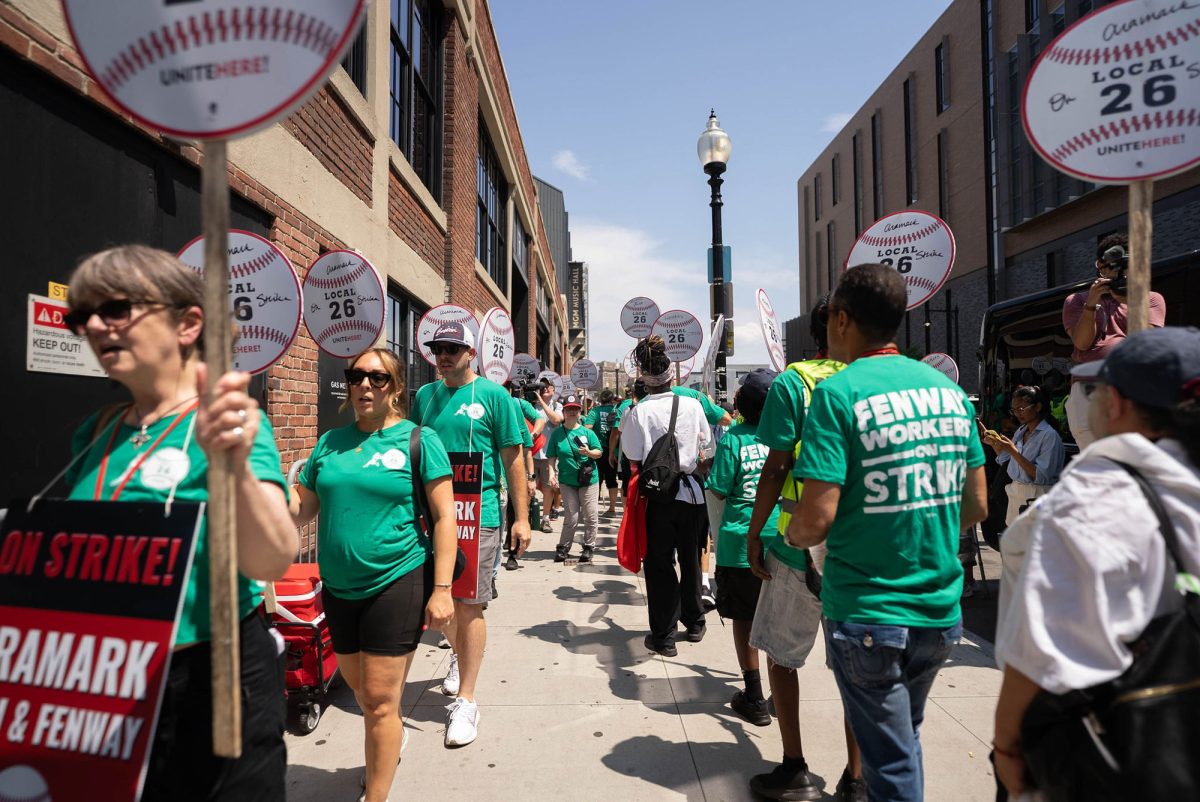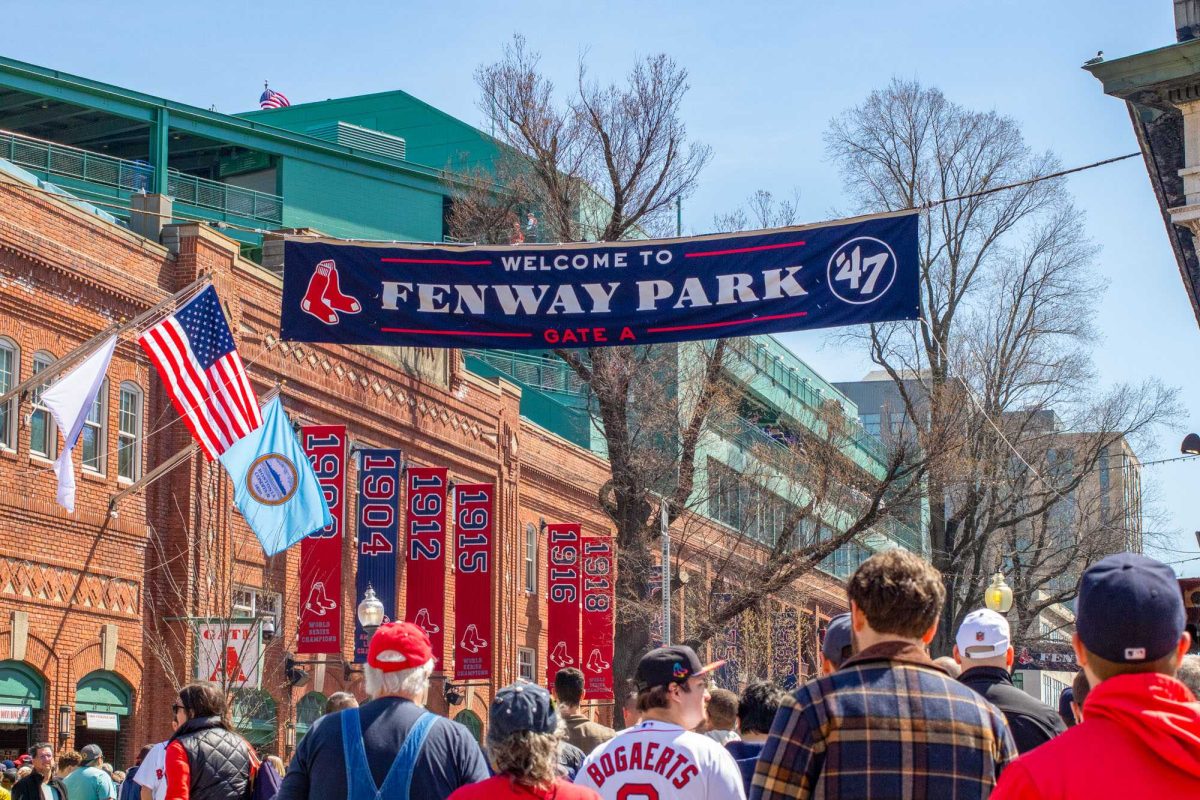It is likely that the name “Volgograd” conjures up little in most readers minds. However, this would certainly change if one was to learn that from 1925-61, this city went by a different name: Stalingrad. Anyone with a basic understanding of World War II will recognize this name.
Stalingrad was the place of one of the most devastating and transformative battles in human history. Here, the two titanous armies of Nazi Germany and Soviet Russia collided. The battle, which lasted from the summer of 1942 to the winter of 1943, saw enormous casualties: more than 800,000 Axis forces and one million Soviet forces died or were wounded over the duration of the battle. The public generally views the Battle of Stalingrad as the turning point in the war as a whole, thinking that following the Germans defeat there, the fate of the Axis was sealed. While many experts point to the Battle of Kursk in the summer of 1943 as the true turning point, the significance that the name Stalingrad has on the public is the true point here.
In reference to the city’s location on the Volga River, Soviet premier Nikita Khrushchev renamed the city Volgograd in 1961 as a part of his de-Stalinization campaign. With the name change, not only is the reference to Stalin forgotten, but so is the reference to the battle that took place there. In a sense, the new name serves as a shadow, concealing the city’s true significance to the casual observer. The city’s residents understandably dislike this shadow, and have in recent years pushed for a return to the old name.
The support for this change led the local government to approve some unorthodox legislation that renames the city to Stalingrad for six days every year. However, support for a complete rename is still prevalent, so much so that Russian President Vladimir Putin has expressed his support for the people of Volgograd to have a referendum on the issue.
A return to the old name could have practical as well as sentimental benefits. It is possible that with a rename to Stalingrad, the city could benefit from an increase in international attention, perhaps improving its ability to attract tourists, foreign investments and businesses. The timing is also especially convenient, as the city will soon be returned to the international spotlight as a host city in the 2018 FIFA World Cup.
Not all Russians feel the same. In fact, the majority are opposed to a name change. In a 2013 poll, 55 percent of Russians link the name Stalingrad to the mass murders and imprisonments of Russians under Stalin’s rule, while 23 percent were in favor of renaming it to Stalingrad and 6 percent were in favor of renaming in to its pre-1925 name, Tsaritsyn.
Furthermore, there is the issue of Stalin himself, who, despite being globally recognized as a murderous tyrant, would be honored with a return of his name to the city. In Russia at least, this would likely not be much of a moral dilemma, as Stalin is generally viewed as being a positive figure in Russian history. In a poll this October, Stalin was voted the most “outstanding” figure in Russian history, with nearly 42 percent of the vote. The increasing hostility to the international community in the wake of the 2014 embargos may further glorify the man. However, on the international scene, it is possible that a rename to Stalingrad may be interpreted as a nod to the dictator and thus be viewed as a hostile rejection of the West.
In a less intensive investigation of the effects of the name change, it ought be acknowledged that the current name is, quite frankly, underwhelming for a city so significant. The famed Soviet author Vasily Aksyonov once fumed: “What does it mean? A city on the Volga? There are so many cities on the biggest river in Europe: Nizhny Novgorod, Yaroslavl, Kazan, Samara, Saratov…” Aksyonov, who died in 2009, was in favor or a return to the name Tsaritsyn, which seems to refer to the Tsar, but is actually a reference to the city’s vicinity to another river, the Tsaritsa.
In the grand scheme of things, the question is ostensibly of inconsequential importance. Yet this view ignores the power that names can have. Khrushchev knew this — that’s the reason why he renamed the city in the first place. Instead, we could look at the macro scale and see a push for a renaming of the city as indication of increasing Russian nationalism (which means increasing belligerence towards the United States and the European Union) and nostalgia for the dictatorial age of Stalin. Such sentiments will likely aid the agenda of Putin who is approaching the realm of dictatorship as an unprecedented fourth term looms in the future.
























































































































